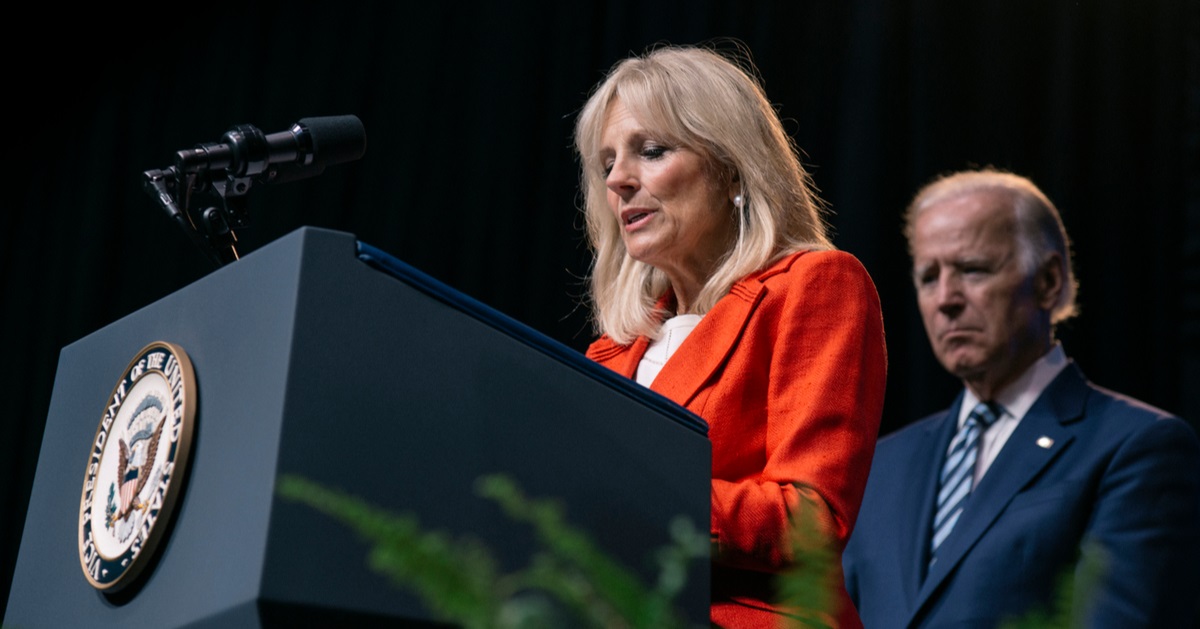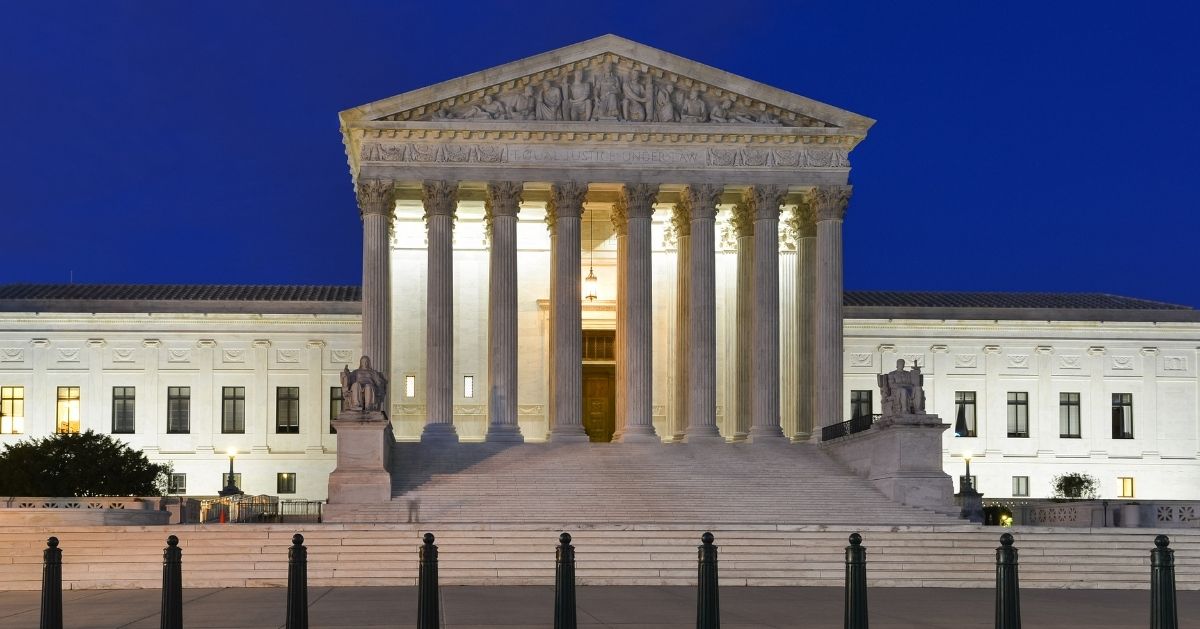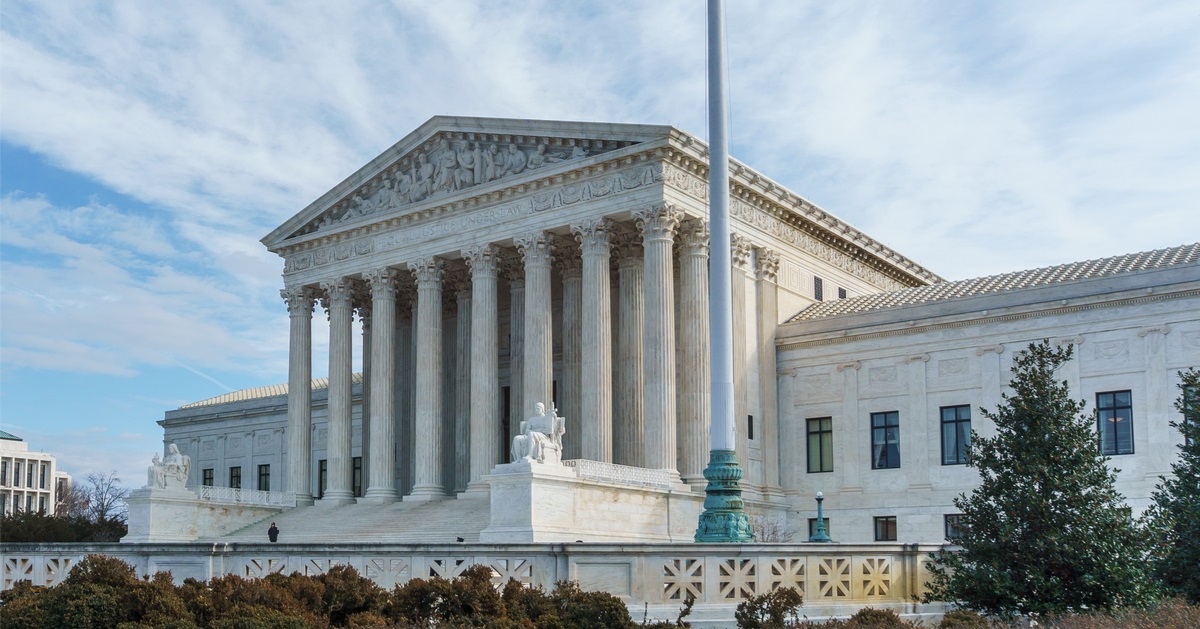Hillary Clinton's 'literal obsession with personal privacy' first revealed in late 1970s when she quashed local media story
Keeping certain information private and hidden from the public has long been a top concern for failed 2016 Democratic nominee Hillary Clinton, and arguably has been at or near the center of most or all of the various scandals that have surrounded her over the decades.
That was evident as far back as the late 1970s, when then-corporate attorney Hillary Rodham advised a small local media publication in Little Rock against publishing a story detailing the contents of secretly recorded conversations between a corrupt businessman and a conman working for corrupt cops, according to the Arkansas Times.
It was the first big scoop about 50 years ago for the local newspaper and, for the reporter who laboriously transcribed the secret tapes, provided a first glimpse at Clinton's apparent lifelong devotion to privacy and secrecy that some might say ultimately led to her political downfall.
Secret tapes of a corrupt set up
In 1977, when the Arkansas Times was just getting started, its first major scoop was coverage of a scandalous feud involving a corrupt liquor distributor, Harry Hastings Sr., and the corrupt head of the Little Rock Police Department's Organized Crime and Intelligence Unit, Forrest Parkman.
As the feud escalated, Parkman enlisted the help of a small-time criminal, Rayburn Hamilton, to help set up Hastings by wearing a wire and secretly recording conversations about stealing diamonds and equipment for the distributorship, and included the actual arranged theft of an air compressor and an 18-wheeler loaded with truck tires in Mississippi, with the latter intended to get the FBI and federal charges involved for crossing state lines with stolen goods.
The would-be federal case against Hastings quickly fell apart under scrutiny, as it was obvious to federal investigators and prosecutors and a judge that Parkman had unconstitutionally violated the Fifth Amendment rights of Hastings with the manufactured crimes.
The secret recordings ended up with the Times and the reporter, Ernest Dumas, spent days transcribing them for a major story for the paper that was eventually published in July 1978.
Hillary advised against publication
Prior to publication, however, Dumas' article was sent to Little Rock's Rose Law Firm to ensure it would not be libelous against Hastings and get the small local paper in legal trouble. Yet, while the firm determined there was no danger of a libel suit, a young partner -- Hillary Rodham -- wrote a brief that advised against publication, citing the privacy concerns of Hastings and other members of his family of whom he spoke disparagingly on the secret tapes.
The story was eventually published months later, and Dumas recalled, "Hillary’s brief suggested something more broadly about the article than the violation of the privacy of Mrs. Hastings and the sons by printing the old man’s unflattering references to them."
Rather, it "raised questions for Hillary Rodham about the sanctity of personal information that had no relevance to an alleged crime or to the public’s right to knowledge about a public activity. To her, the Fifth Amendment’s promises of due process and protection from self-incrimination were a constitutional guarantee of privacy for the individual, even for a man with disreputable impulses like Hastings."
Hillary's "literal obsession with personal privacy"
"It was many years later, and repeatedly, that I was reminded of her legal essay on my Hastings story, which I had wanted to be published mainly because I had spent more than a week transcribing the trashy tapes and composing the article," Dumas wrote in his recollection. "The opinion exposed an unfortunate aspect of her character -- not an undesirable one, but one that would serve her badly in a life devoted to politics."
"It was a literal obsession with personal privacy, a refusal to yield the private matters of her family, her business dealings, or how she went about her work, because they were nobody’s business," he continued. "Just as they were not entitled to paw through the disreputable musings of an old man, people were not entitled to pry into what she considered the personal space of her life and that of her husband, even if both of them were involved in politics and more open to hostile public comment."
"In politics, a privacy obsession is not sustainable," Dumas concluded. "If you don’t want reporters, congressmen, Republican investigators like Kenneth Starr, Brett Kavanaugh, and Rod Rosenstein, or just nosy voters rummaging through the billings of your law clients, your trivial business transactions, or your private conversations with family, friends or co-workers, which mutated into emails that became subject to freedom-of-information laws, you are going to experience a sea of troubles."
"It would lead circuitously to her husband’s impeachment and, owing to her use of a private email server rather than a government server that would be open to inspection by nosy reporters and political foes, to the end of her dream to be president of the United States," he added.






